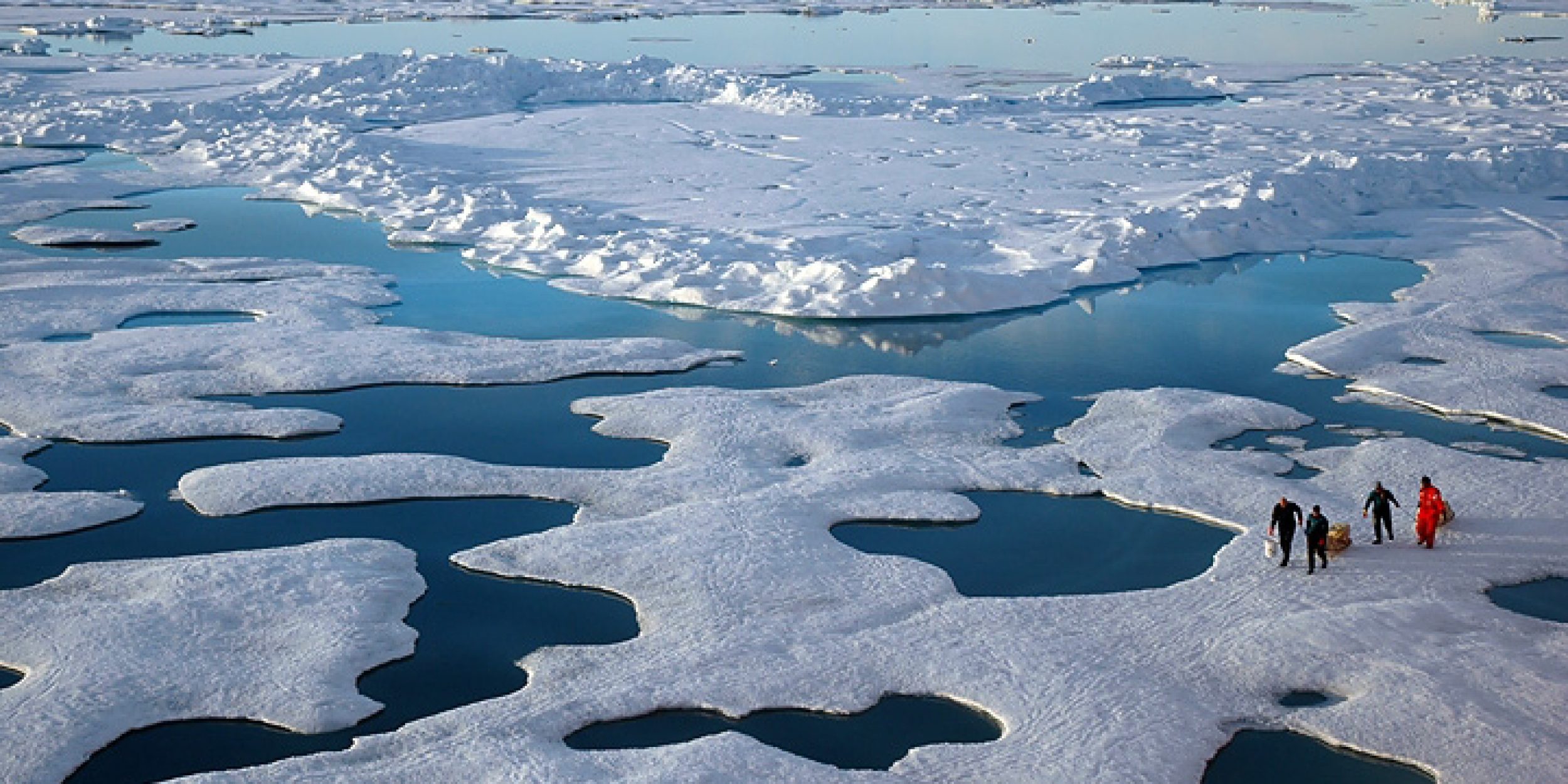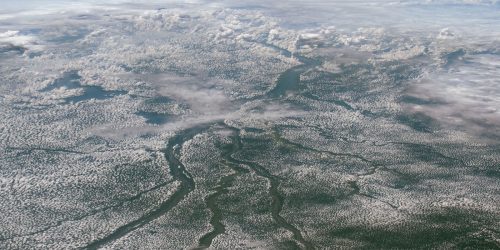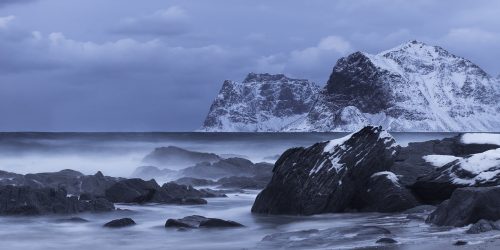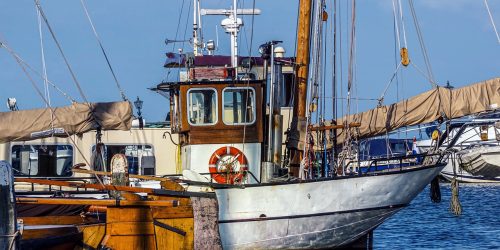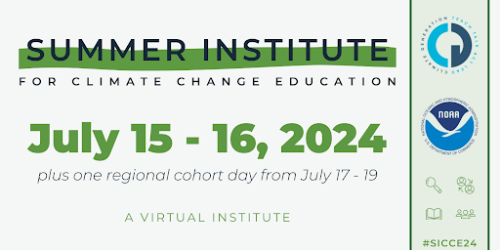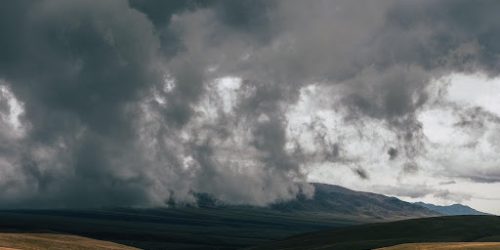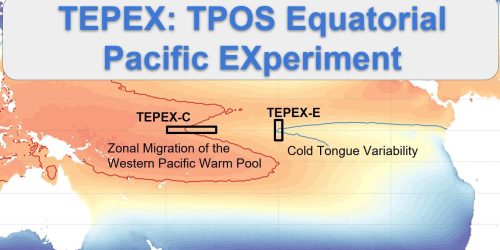Improving situational awareness and crisis response are key priorities in reducing potential risks associated with sea ice and environmental-related hazards in the Arctic. To address these priorities, a new study supported by CPO’s Alaska RISA explores opportunities and challenges associated with leveraging arctic system science research to co-produce sea ice decision support tools. The authors found a diversity of information preferences and needs, decision thresholds, capacities, and constraints. Their findings are based on information from a coastal radar operated as part of university research in Utqiaġvik, Alaska as well as decision context analysis from 12 interviews with marine operators and responders, subsistence users, and service providers. The research presents a sea ice notification framework, which illustrates how near-real time observations can be integrated into existing trusted notification systems. Key challenges to using Arctic system science research to support decision maker needs include the logistics of operating and maintaining near-real time observations. The authors note that innovative partnerships and informal networks may be especially important in overcoming these challenges.
New research explores using Arctic system science research to coproduce sea ice decisions support tools
